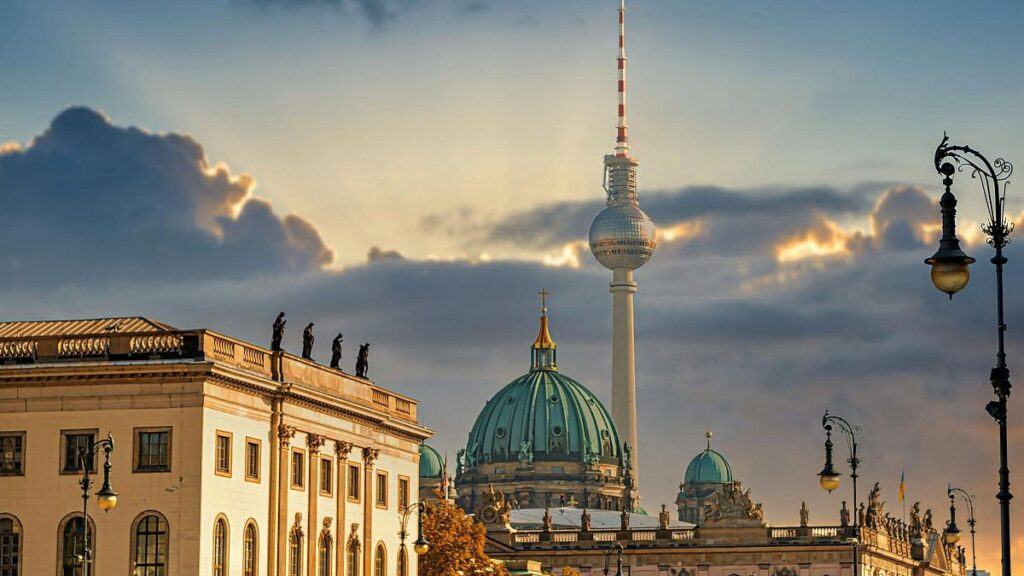Berlin’s government has approved a €130 million cut to its cultural budget for 2025, defying weeks of protests and warnings from the arts sector about potential closures and the city’s cultural standing.
Despite vocal opposition from artists, museum leaders, and cultural organisations, the Berlin city-state government has pressed forward with a 12% reduction in funding for arts and culture, part of its broader budget plan for the coming year.
The move has sparked fears that the city could lose its status as one of Europe’s foremost cultural capitals, with some institutions facing possible shutdowns.
“Culture and clubs bring people to Berlin. They don’t come here for the food, they come here for the history and the culture,” Emma Enderby, the director of the non-profit KW Institute for Contemporary Art, told The Art Newspaper, noting that the full budget has still not been communicated to organisations.
“It’s very short notice, it also seems very short sighted,” Enderby said. “In Berlin, culture costs around 2% of the overall economy, yet they’re cutting us between around 10% and in some cases 50%.”
Enderby confirmed that the museum is already feeling the impact of the budget cuts. With funding for 2025 still uncertain until January, the museum has decided not to renew staff contracts and to scale back upcoming programs, including public engagement initiatives.
Philip Bröking, co-director of Berlin’s Komische Oper opera house, previously told Euronews Culture that the upcoming budget cuts are extremely painful and, for many, difficult to implement.
“If that budget is cut, we face a double blow: fewer subsidies and less funding to cover extra costs. This makes us very sceptical about the future of our institution,” Bröking adds.
Paul Spies, the co-president of the Berlin Museums Association and former director of the Stiftung Stadtmuseum Berlin, agreed – and lamented the government’s failure to listen to culture experts.
“It’s a very bad decision – pennywise and pound foolish in every sense,” Spies told The Art Newspaper. “And it’s been done so bluntly and without input from the cultural department. It doesn’t seem that the Senate has listened to the specialists about what is possible and what is not possible.”
Some have been urged to adopt a US-style philanthropic model, but as Enderby points out, German cultural institutions are organised in a fundamentally different way. “We can’t form an endowment, which is how American institutions survive – this is illegal for publicly funded institutions in Germany,” she said.
Celebrated German director Wim Wenders was also worried by the cuts, telling Euronews Culture that removing funding from cultural institutions never pays off.
“They start cutting cultural funding and that, in the long run, is the hardest price they’re paying. Because I think that in the long run, they would profit from culture remaining vivid and alive,” he said. “I think it’s the wrong decision. I think they should rather invest in culture more than doing the opposite right now.”
According to ARTnews, the budget cut marks a sharp contrast to Berlin’s previous approach of boosting investment in its cultural spaces. In 2021, Germany approved a record €2.1 billion for federal culture funding, a €155 million increase from the year before.
Berlin Mayor Kai Wegner, a member of the centre-right Christian Democratic Union, has defended the budget cuts as necessary to ensure Berlin’s financial sustainability after a challenging year marked by falling revenues. He argues that Berlin still has a “record budget” of €40bn and that the reductions are crucial for the city’s future, blaming the previous left-wing administration’s climate initiatives for putting a strain on the budget.
“We need a change of mentality, including in culture,” Wegner said.


